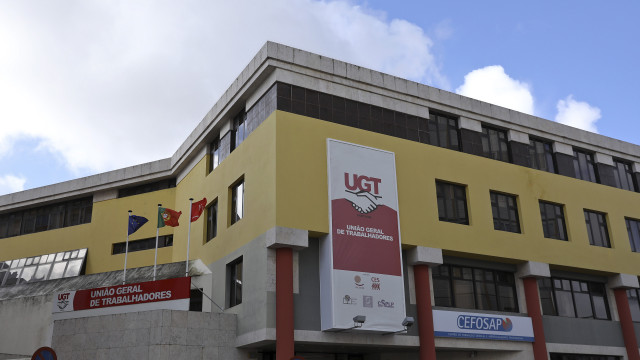
The report from Magma suggests companies should establish governance, AI champions, and AI Task Forces, in addition to training leaders and teams in specific artificial intelligence paths and levels, although these considerations do not necessarily reflect the views of CIP and DSPA.
Furthermore, companies are advised to communicate regularly and internally about their AI efforts, according to the study released today.
Regarding “considerations and steps relevant for Portugal’s future,” Magma’s insights emphasize professionals transitioning from basic AI usage to advanced automation, integrating AI into daily, weekly, and annual planning, and developing habits of “added value professionals.”
Universities are encouraged to “integrate AI into the formal curriculum” and create mandatory courses on applied artificial intelligence for each program, while also teaching ethics, technical literacy, and expanded productivity.
In terms of public decisions and policies, Magma’s recommendations include creating national reskilling programs, introducing responsible AI as an education and workforce policy, and supporting small and medium enterprises (SMEs) with tools, training, and incentives.
Nearly two-thirds (64.6%) of respondents have not undergone training related to generative AI in the past 12 months.
Of the 35.4% who did receive training with generative AI, the research indicates that 35.8% completed training sessions lasting less than three hours, with 86.3% of these being “introduction to AI” courses, according to the document.
The study “AI – Impact and Future,” conducted by Magma Studio, in collaboration with CIP and DSPA – Data Science Portuguese Association, collected opinions from 2,762 individuals online between June and October of this year.
As for the sample, 60.3% of respondents are business professionals and/or freelancers, while 39.7% are university students.




